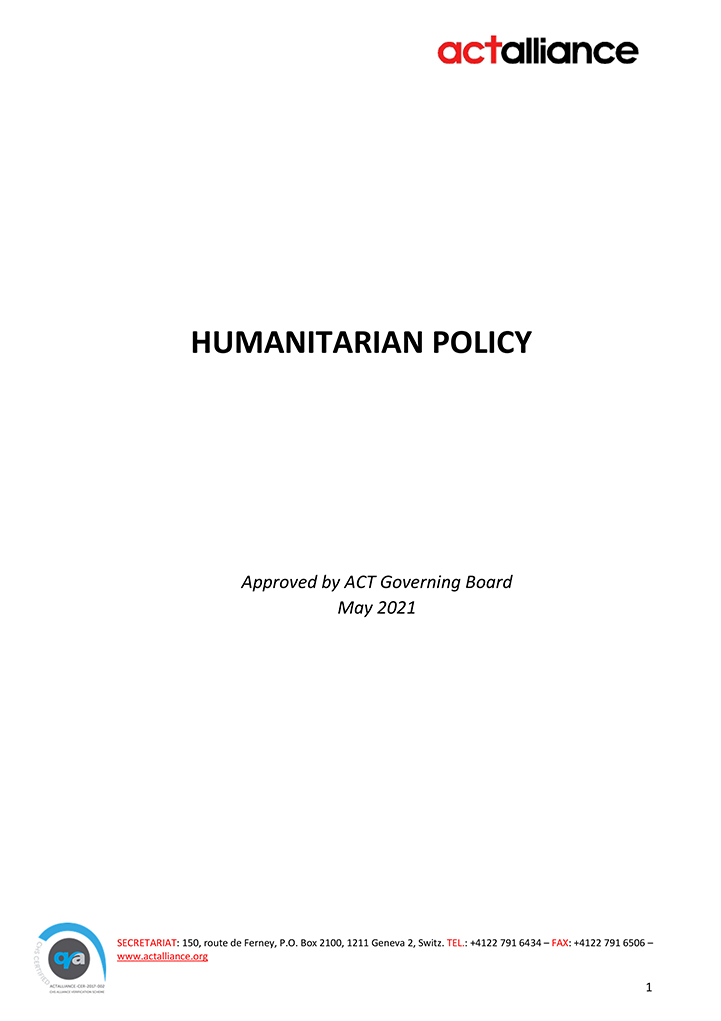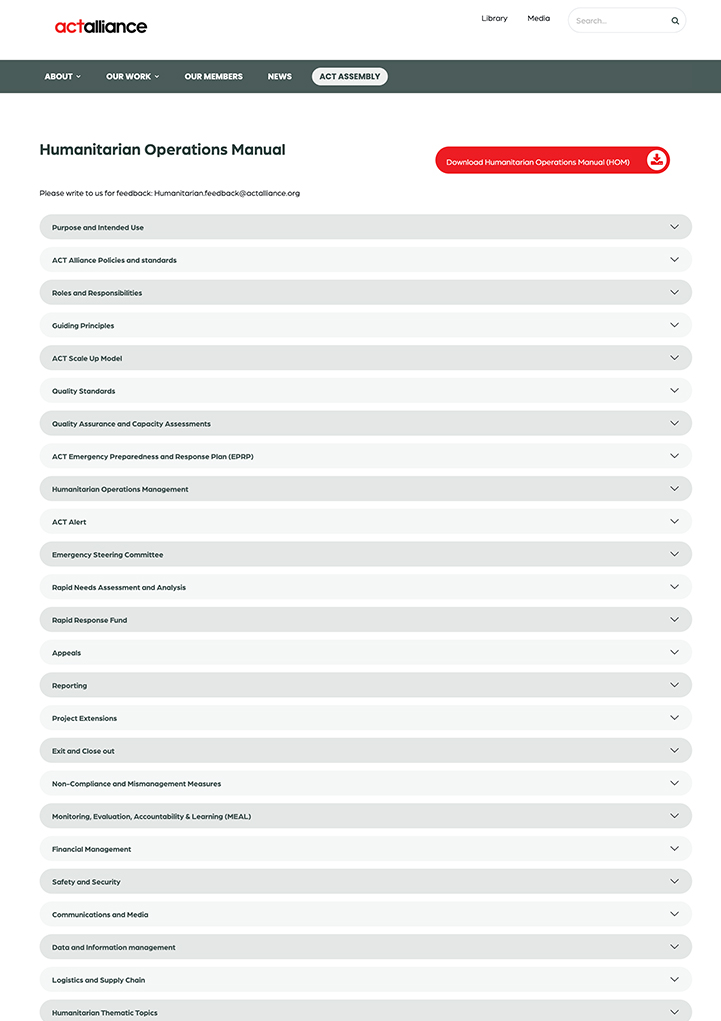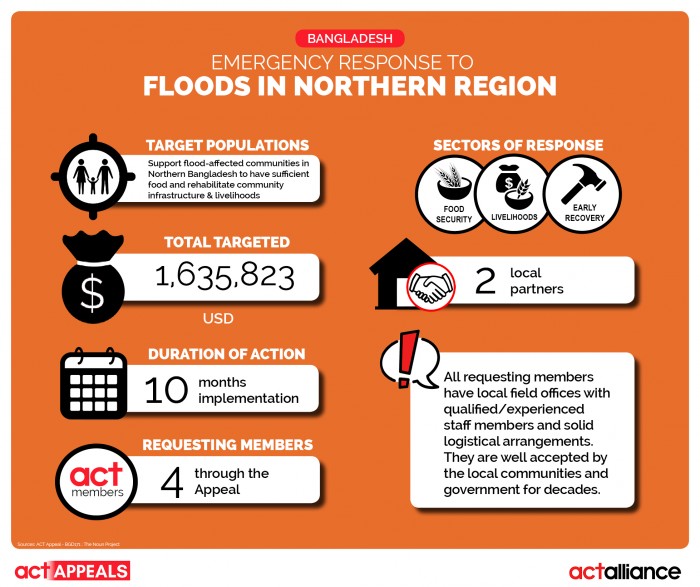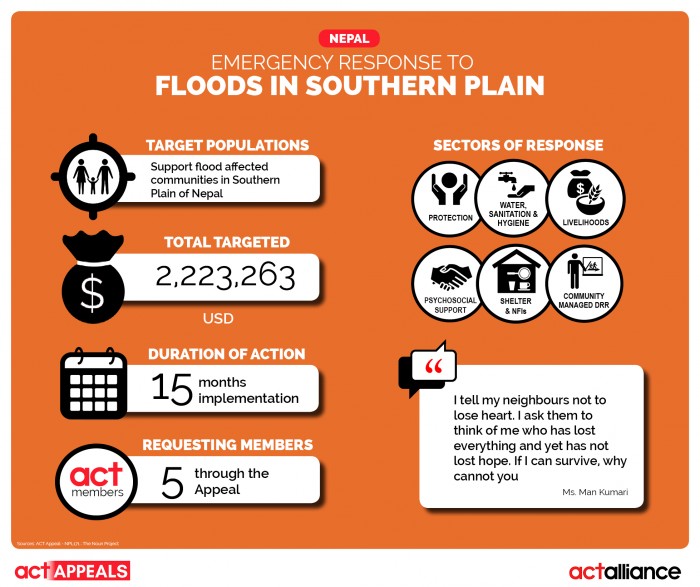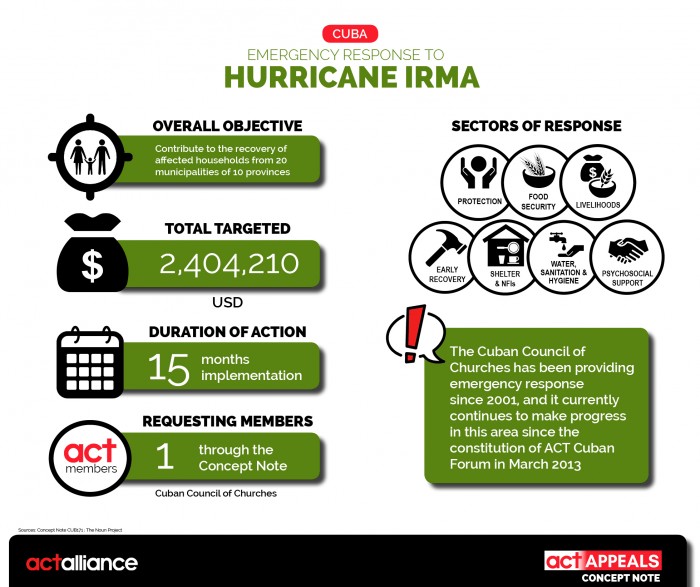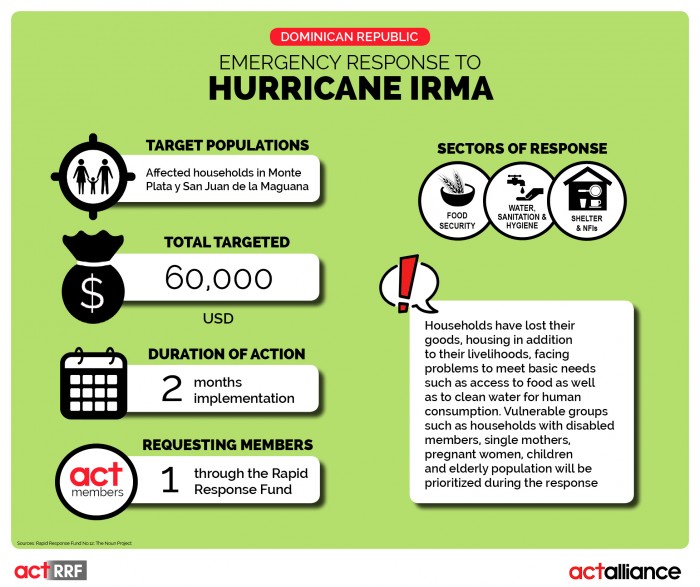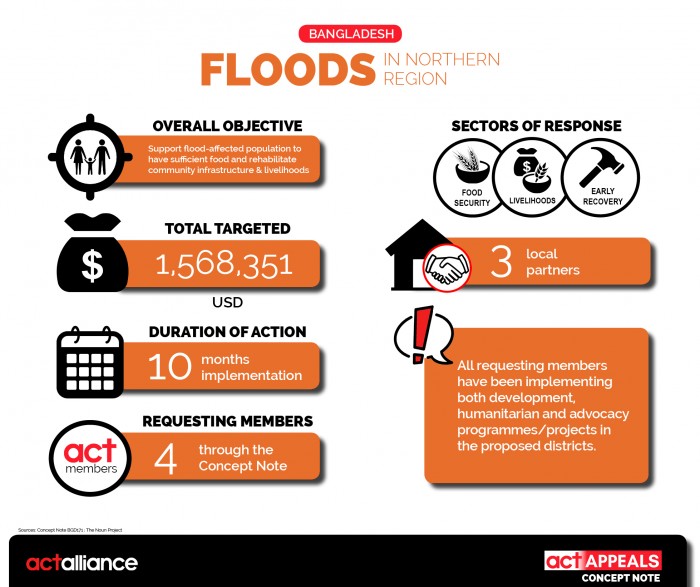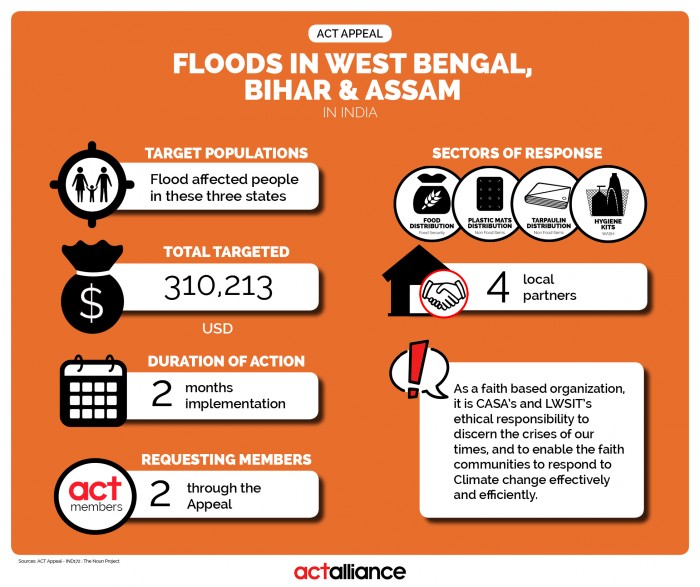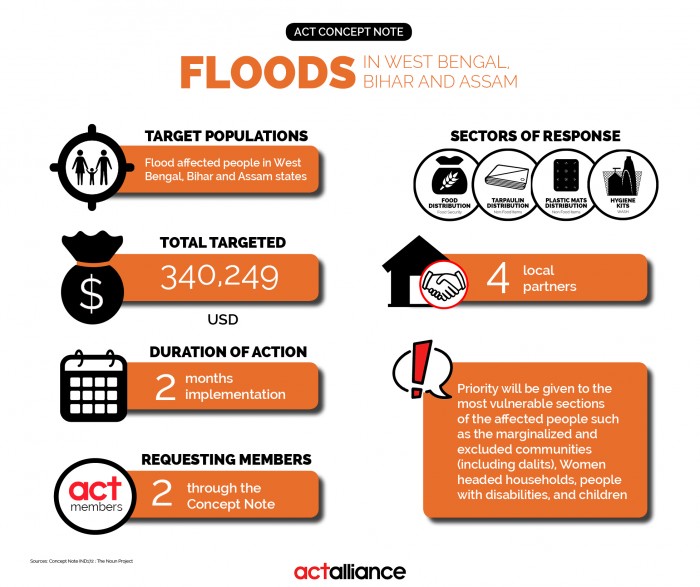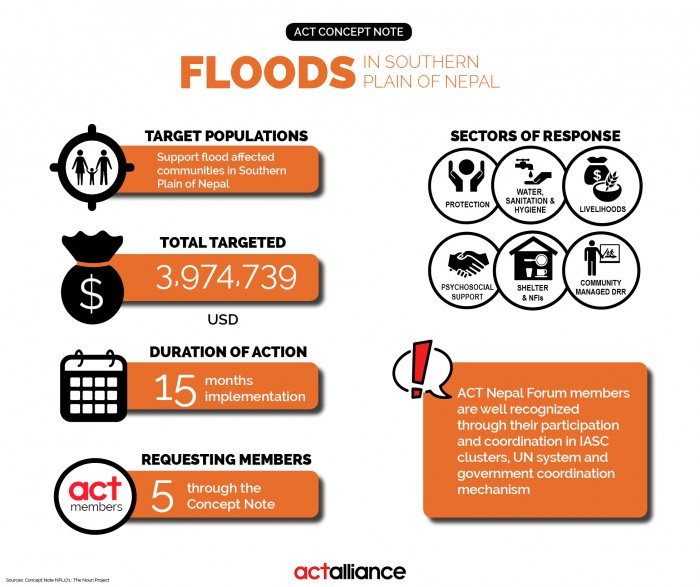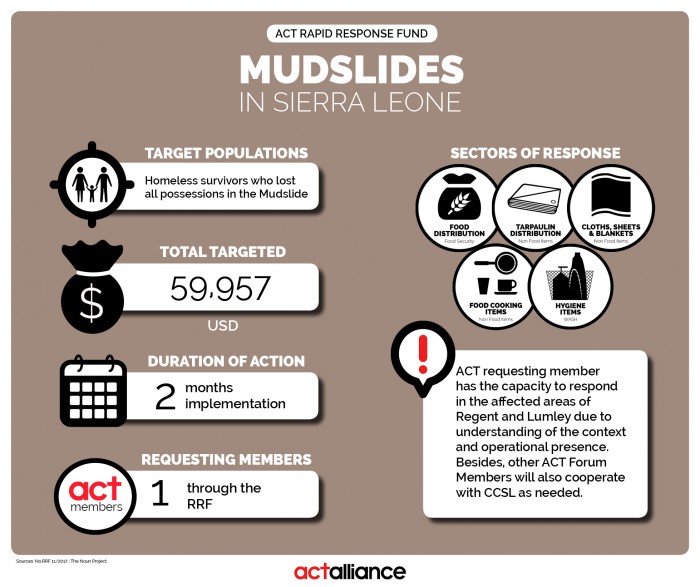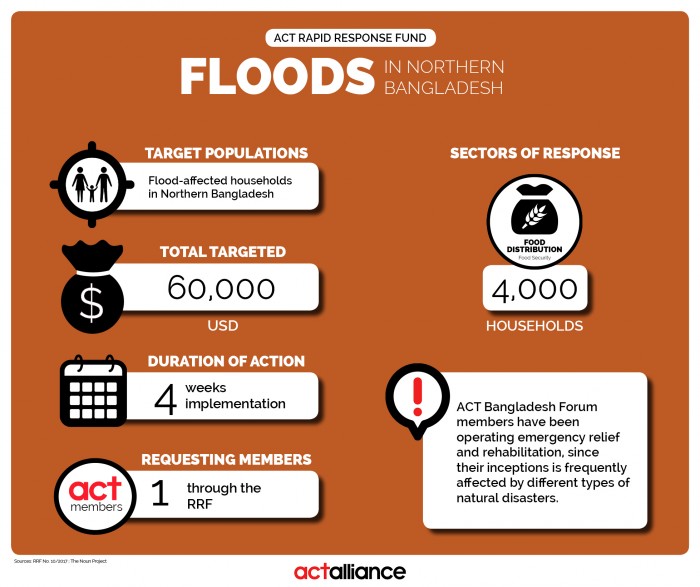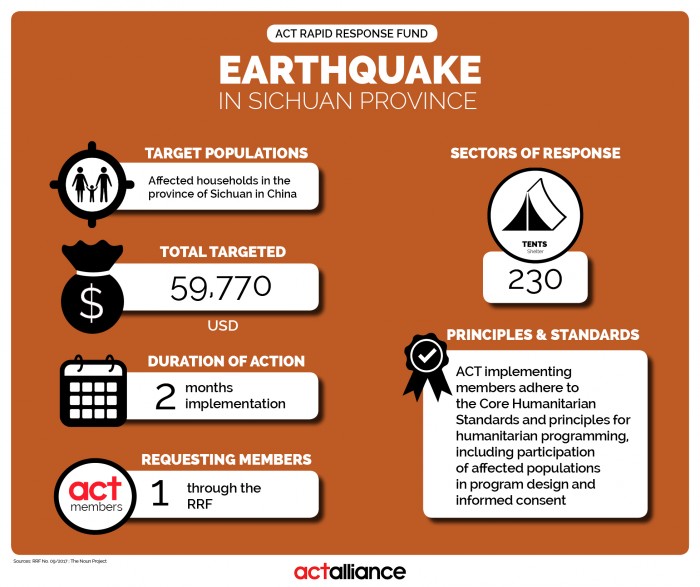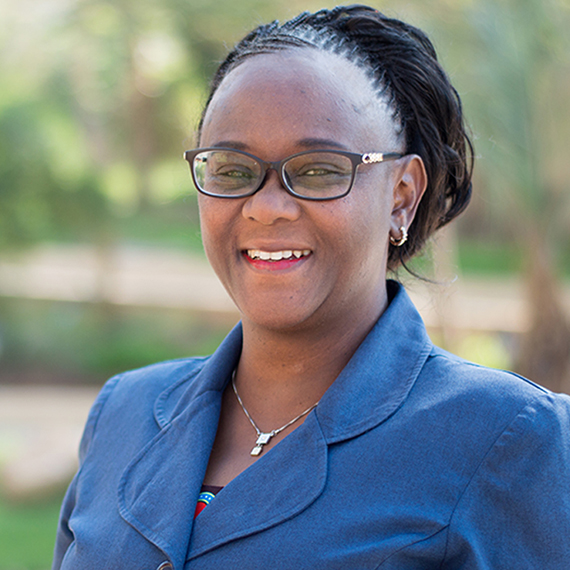As of September 6, 2017, Hurricane Irma, a category 5 hurricane, with maximum sustained winds of 295 km/hour, strengthened significantly to become one of the most powerful hurricanes ever recorded in the Atlantic. After wreaking havoc in the Eastern Caribbean, the devastating Hurricane Irma approached the eastern coast of Cuba in Guantánamo on Thursday, September 7 2017, initiating its passage through the north coast of the country, making landfall on September 8 in Cayo Romano, north of Camagüey. Irma battered the entire north coast for 4 days. At 8:00 p.m. on Monday, September 11, the hurricane finally left Cuban territory leaving a huge devastation and heading to Florida as the hurricane category 3 making also large damages. Approximately 2,000,000 persons were evacuated to the homes of relatives or neighbours, emergency shelters and local churches. In terms of damage caused by the sea coming inland, with waves of up to 9 meters, there has been considerable environmental, economic and social damage in the entire country: 10 deaths have been reported; there is inadequate supply of safe water for human consumption; significant loss of coastal dunes, forests, fruit trees, as well as seed granaries, banana and other crops; total or partial destruction of houses, health and educational centers, markets, bridges and access roads to those communities. Widespread flooding promoted unsanitary conditions which have resulted in health issues. Many communities remain without electricity and telecommunications, due to extensive infrastructural damage to the national network. The tourism industry, the main source of income for the Cuban economy, was seriously impacted, due to the destruction of hotel infrastructure. All this has seriously affected the psychosocial well being of vulnerable groups, especially elderly persons, children, teenagers, youth, women, persons with disability and persons with chronic illnesses.
The Cuban Council of Churches (CIC), an ACT Alliance Member in Cuba is responding to the emergency and had identified Shelter, WASH, Food Security, early recovery and livelihood as priority sectors, and are targeting in the response 20,000 households.


